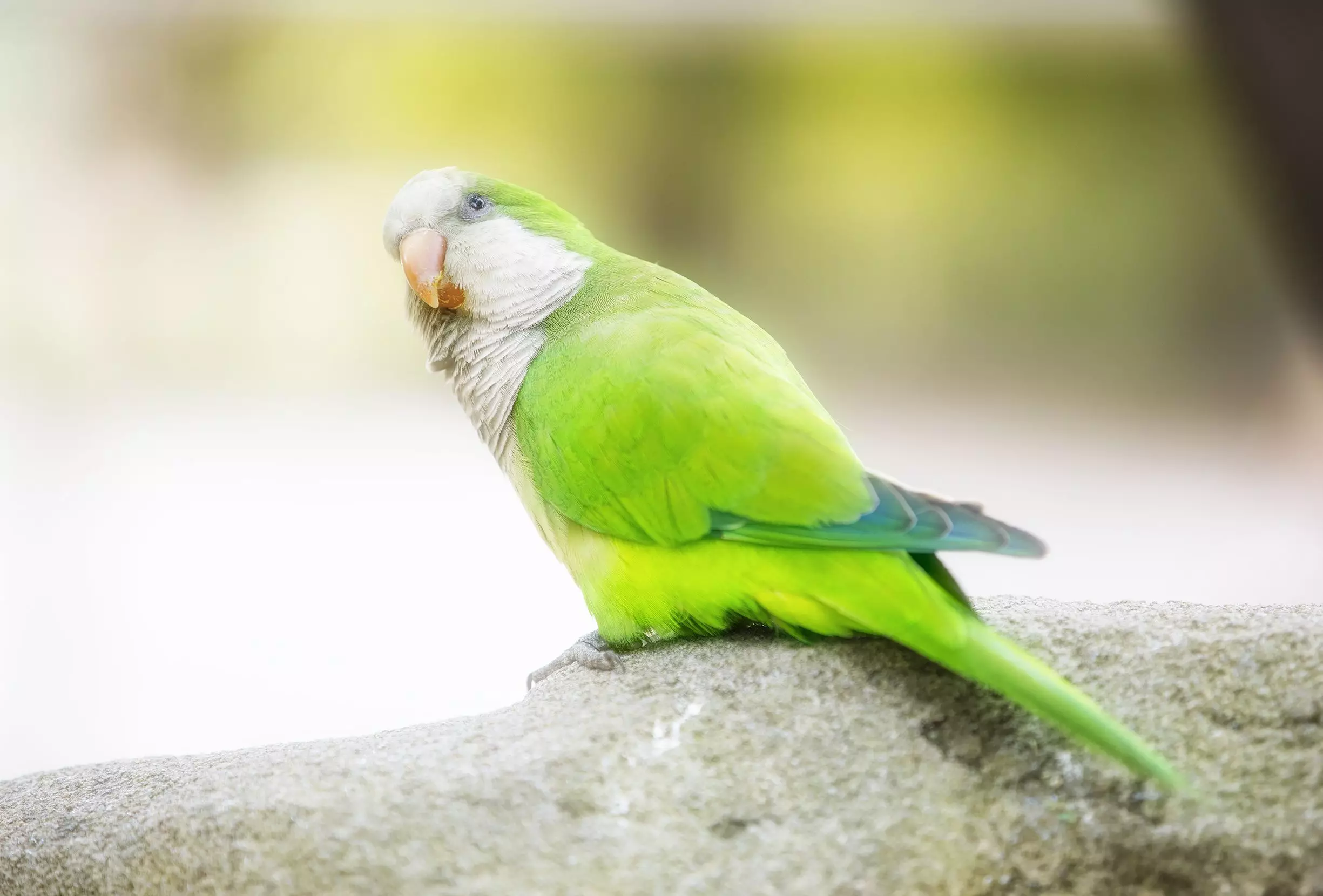Quaker parrots, also known by several other names such as Quaker parakeets, monk parakeets, or even monk parrots, offer a fascinating glimpse into the world of pet birds. Their scientific classification is Myiopsitta monachus, and they are characterized by their distinctive behaviors and personalities. In this article, we’ll explore their unique traits, care requirements, social nature, and the considerations one should keep in mind before welcoming a Quaker parrot into their home.
The naming convention for Quaker parrots has ignited discussion among avian enthusiasts. Some speculate their name derives from the gray coloration resembling the bib worn by traditional Quakers, while others believe the term “monk” relates to the bird’s nape feathers, shaped somewhat like a monk’s hood. However, many attribute their common name to the bird’s quirky ‘quaking’ motion, which manifests through rhythmic bobbing and shaking, especially when the bird is excited or anxious. This physical quaking is particularly evident in baby Quakers as they beg for food, showcasing their playful and expressive nature.
One of the standout traits of Quaker parrots is their impressive lifespan. In a nurturing environment, these birds can live anywhere between 20 to 30 years, and with superior care, some even thrive beyond the three-decade mark. This longevity necessitates a serious commitment from potential bird owners. It’s crucial to ensure that you can provide a loving, stable environment for the entirety of the parrot’s life. Unfortunately, frequent rehoming can lead to stress and behavior problems, emphasizing the importance of long-term planning before adding a Quaker parrot to your family.
Quaker parrots are exceptional mimics, and their reputation for clear vocalization often positions them alongside larger parrot species. They possess a remarkable ability to imitate various sounds and phrases, effectively making them a delightful conversational partner. While not every Quaker develops vocal skills, many of them embrace this ability enthusiastically, creating a lively atmosphere in the home. Their sounds tend to be less piercing compared to other species like conures, making them a suitable choice for those worried about disturbing the neighbors.
Contrary to popular belief, larger parrots are not the only option for avian enthusiasts. Quaker parrots, at 11 to 12 inches long and weighing between 3 to 5 ounces, present a medium-sized alternative that can adapt well to smaller living spaces. While they require ample room to move, play, and explore, their housing needs are less demanding than those of larger birds. A sturdy, chew-proof cage is essential to safeguard against their inquisitive nature and instinct to explore their surroundings. Providing them with safe materials to build nests, along with engaging toys, can keep these intelligent birds satisfied and active.
Feeding Quaker parrots involves a delicate balance. They are prone to obesity if their diets are not properly monitored, necessitating careful attention to their nutritional intake. A balanced diet should include high-quality pellets, a healthy mix of seeds, fresh vegetables, fruits, and nuts, mimicking their natural diet in the wild. However, it’s crucial to limit fattening treats like peanuts or sunflower seeds, which can contribute to rapid weight gain. By monitoring their diet, owners can help maintain a healthy and active lifestyle for their feathered friends.
Quaker parrots thrive on companionship, making it vital for owners to invest time in bonding with them. These birds tend to form deep connections with their caregivers, often showing affection and engaging in social behaviors. However, they can experience anxiety if they feel neglected, which may lead to undesirable behaviors such as feather plucking. Therefore, it’s imperative to offer them consistent interaction and companionship. They can bond with multiple people but typically favor one primary caregiver.
When contemplating the addition of a Quaker parrot to your household, it’s essential to check local regulations. In some states, such as California and Colorado, the ownership of Quaker parrots is restricted. Additionally, the financial commitment of owning a Quaker parrot should not be overlooked. Prices range from $300 to $600, excluding shipping and veterinary costs, which can vary significantly.
Quaker parrots are captivating companions, boasting an array of charming traits, vocal talents, and a playful demeanor. However, their care requirements and social needs must be adequately understood and addressed. For those considering welcoming one into their home, a commitment to providing long-term companionship, a balanced diet, and appropriate living conditions is essential. With the right care, these delightful birds can truly become a cherished part of the family for many years to come.

